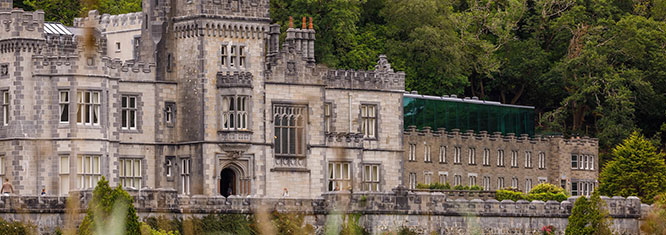The Relationship Between Catholic Education and Wellbeing
Abstract
Internationally, student wellbeing is emerging as a core concern in the field of education. From the prevailing notion of human flourishing in theological thought to recent studies on religion and wellbeing, the overall positive relationship between religion and wellbeing has a long and proven history (cf Pennington, 2015). However, this is increasingly ignored in Irish education policy with wellbeing sometimes viewed as a necessary addition to if not replacement for Religious Education. This certainly seems be the case in Ireland at primary level where wellbeing is seen to be composed of SPHE and PE with no acknowledgement of Religious Education. At the same time, whereas the current primary school curriculum (1999) views Religious Education as a necessary subject, new proposals to the primary school curriculum omit all reference to Religious Education and absolve schools from any obligation to provide children with Religious Education. Somewhat paradoxically, state literature on wellbeing in the new Junior Cycle does acknowledge (albeit in a very limited way) the potential of Religious Education to address that concern (NCCA, 2018).
This proposal seeks to retrieve the relationship between wellbeing and Catholic education, with an emphasis on Catholic Religious Education. It seeks to explore how core Catholic concerns such as community, spirituality, social teaching, and liturgy and prayer contribute to personal and communal wellbeing, not simply as concepts but as lived realties in schools. This paper would benefit from the input and insight on Catholic education tradition, policy and practice as understood and experienced (head, heart and hands) by members of the GRACE community. As such it offers the potential for cross community collaboration.
The Relationship Between Catholic Education and Wellbeing
Internationally, student wellbeing is emerging as a core concern in the field of education. From the prevailing notion of human flourishing in theological thought to recent studies on religion and wellbeing, the overall positive relationship between religion and wellbeing has a long and proven history (cf Pennington, 2015). However, this is increasingly ignored in Irish education policy with wellbeing sometimes viewed as a necessary addition to if not replacement for Religious Education. This certainly seems be the case in Ireland at primary level where wellbeing is seen to be composed of SPHE and PE with no acknowledgement of Religious Education. At the same time, whereas the current primary school curriculum (1999) views Religious Education as a necessary subject, new proposals to the primary school curriculum omit all reference to Religious Education and absolve schools from any obligation to provide children with Religious Education. Somewhat paradoxically, state literature on wellbeing in the new Junior Cycle does acknowledge (albeit in a very limited way) the potential of Religious Education to address that concern (NCCA, 2018).
This proposal seeks to retrieve the relationship between wellbeing and Catholic education, with an emphasis on Catholic Religious Education. It seeks to explore how core Catholic concerns such as community, spirituality, social teaching, and liturgy and prayer contribute to personal and communal wellbeing, not simply as concepts but as lived realties in schools. This paper would benefit from the input and insight on Catholic education tradition, policy and practice as understood and experienced (head, heart and hands) by members of the GRACE community. As such it offers the potential for cross community collaboration.


